Brought to you by the National Assembly of State Arts Agencies (NASAA) and ArtPlace America, this Virtual Convocation offered a chance for state arts agency community development coordinators to connect with each other and explore challenges and promising practices in community arts development and creative placemaking.
This program tackled placemaking in a shifting landscape. The advent of COVID-19, economic upheaval, the murder of George Floyd and longstanding inequities are driving tectonic shifts in community life and arts participation. What do these shifts mean for placemaking? How can state arts agencies best serve communities in this context? The Virtual Convocation helped state arts agencies navigate this terrain.
A strong equity lens infused and informed the entire program. The first week of the Virtual Convocation focused on cross-sector collaboration and mapping/mobilizing creative assets. The second week our practice deepened around measuring equity, empowering communities and addressing unintended consequences.
The Virtual Convocation responded to the needs of agency community development coordinators. Stories and speakers from the state arts agency network were interwoven throughout.


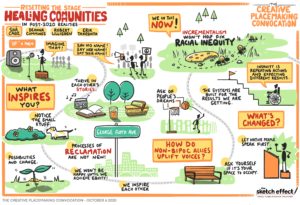
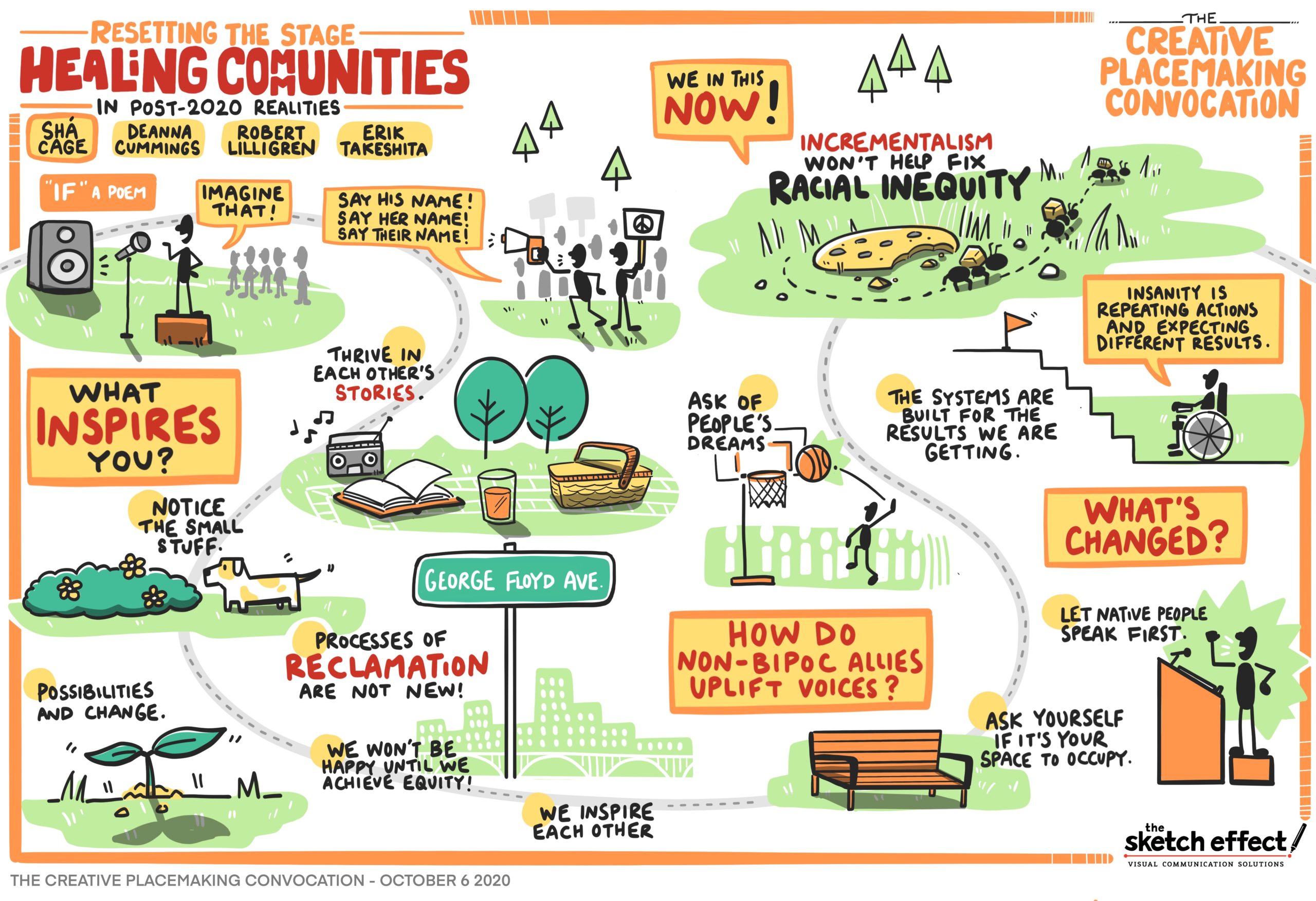
This opening plenary brings us to Minneapolis where the murder of George Floyd, in the midst of a global pandemic, set off unprecedented national and international protests calling for racial justice. Many parts of the Twin Cities were devastated.

Shá Cage

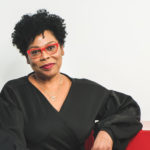
DeAnna Cummings
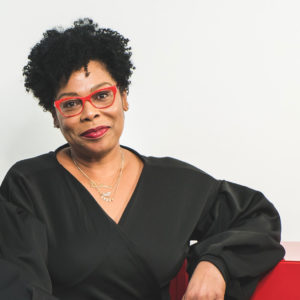
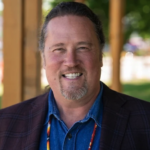
Robert Lilligren
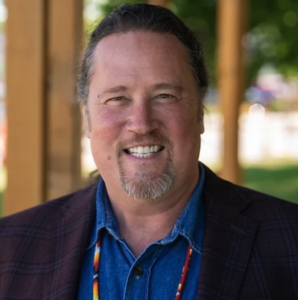

Eric Takeshita

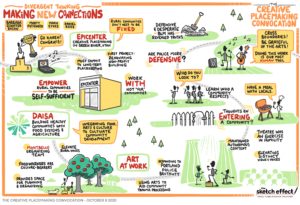
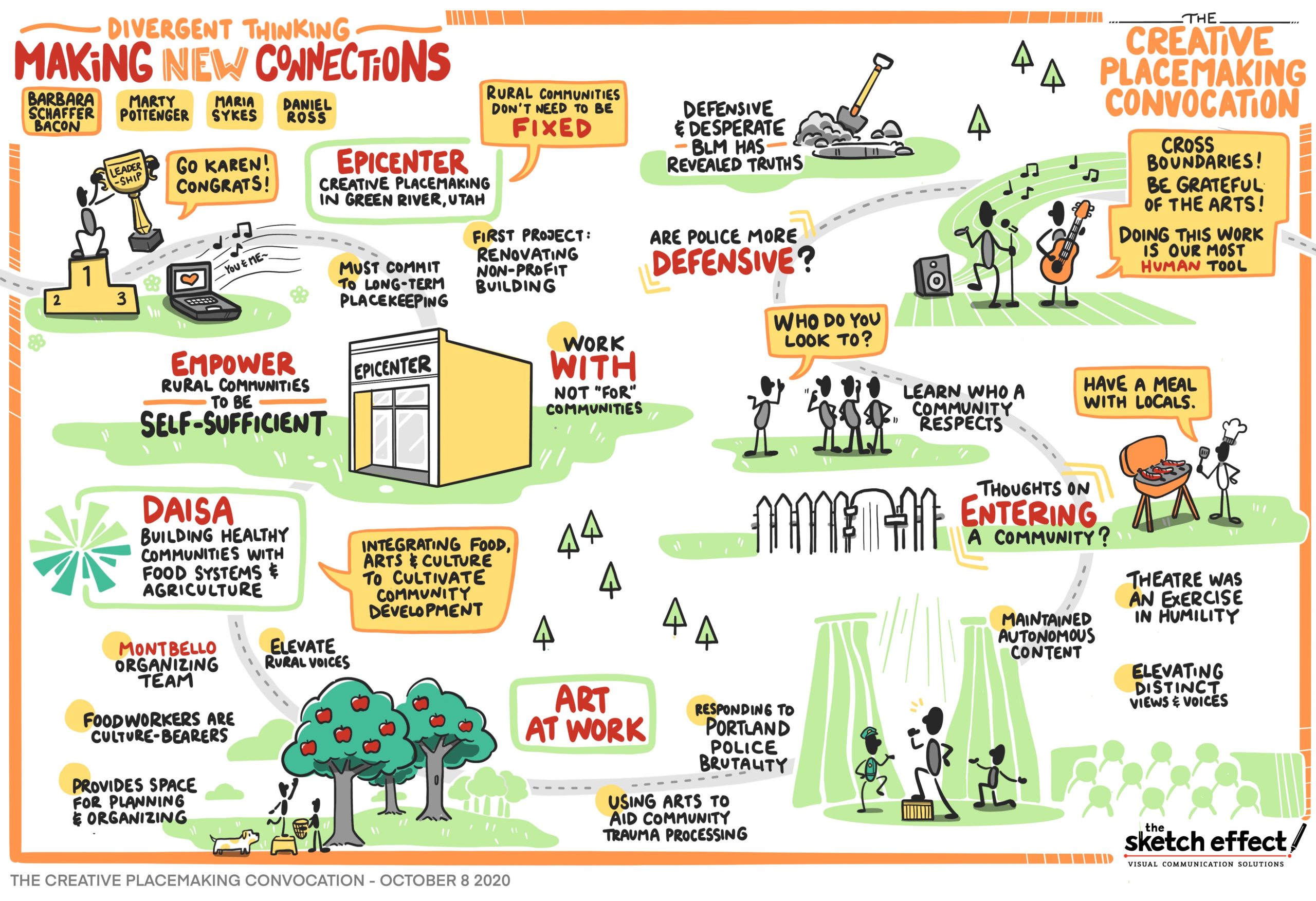
In this plenary, participants learn about, observe, and discuss ways of working and partnering for effective creative placemaking in diverse, challenging, and ever-changing circumstances. We hear about examples of effective, unconventional partnerships and ways to help form and support responsive and flexible collaborations.
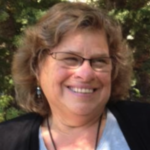
Barbara Schaffer Bacon
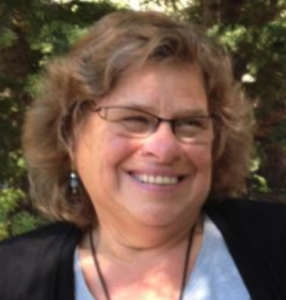

Marty Pottenger
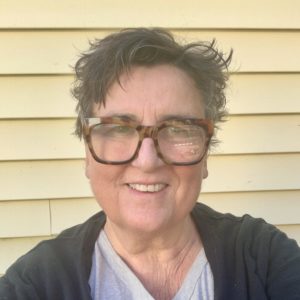

Maria Sykes
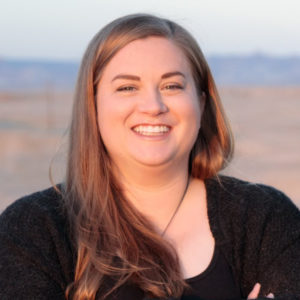

Daniel Ross

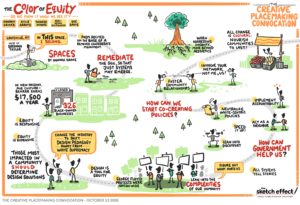
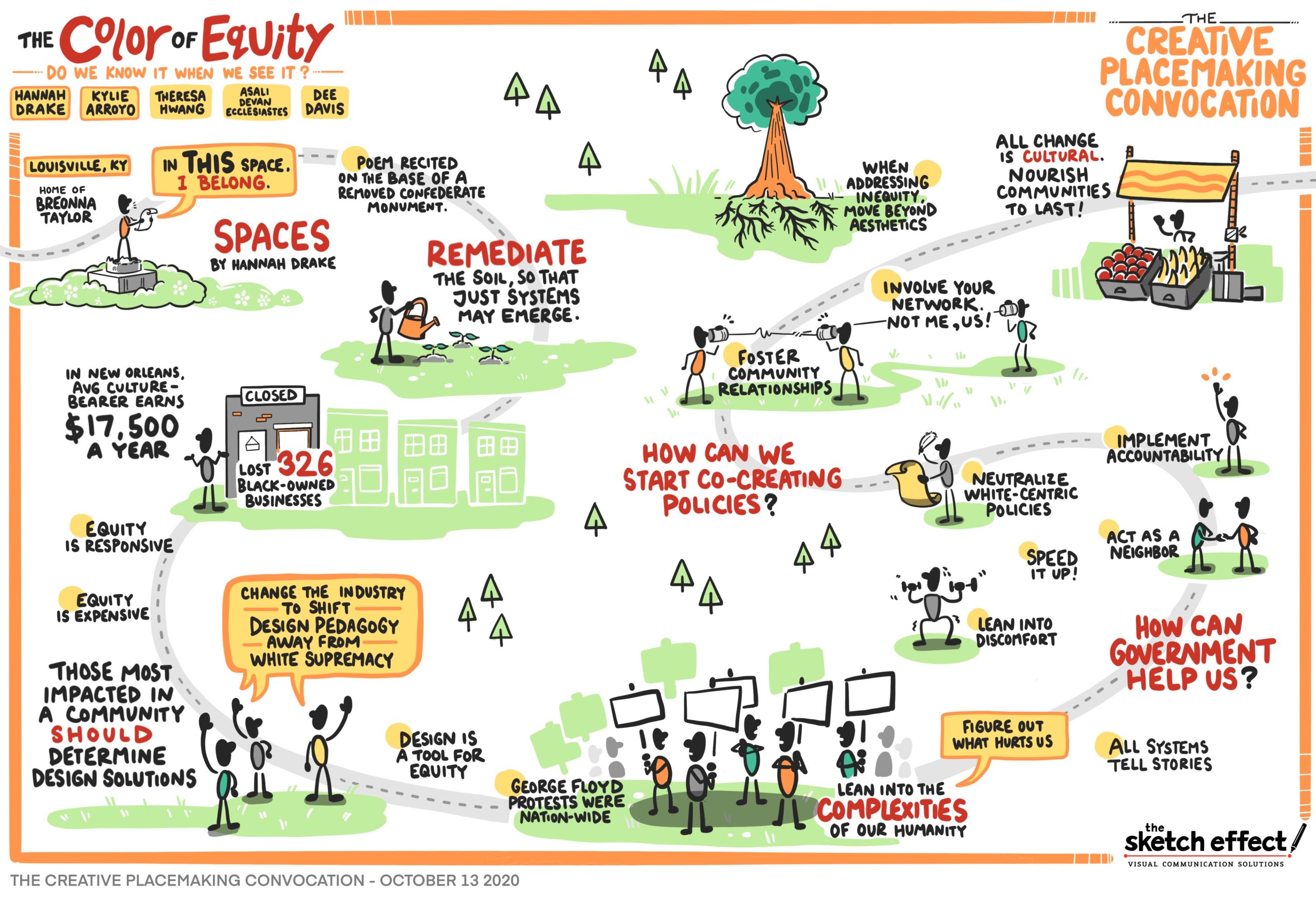
Racism and inequity are deeply – and sometimes not so deeply – embedded in cultural, social and economic institutions and systems. When we peel away layers, what do we see and still not see? This session explores equity and persistent questions surrounding inequities that typically arise in placemaking and other cultural work.

Kiley Arroyo
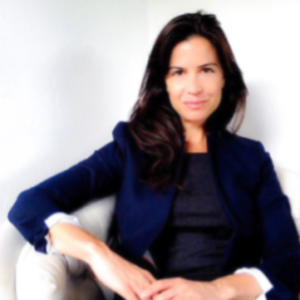

Theresa Hwang
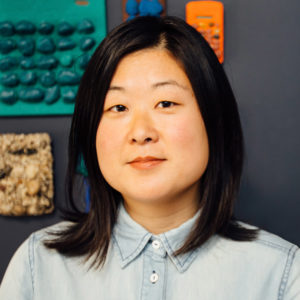
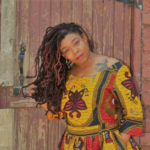
Asali DeVan Ecclesiastes
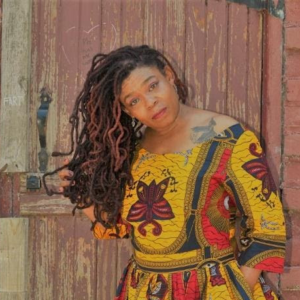

Dee Davis
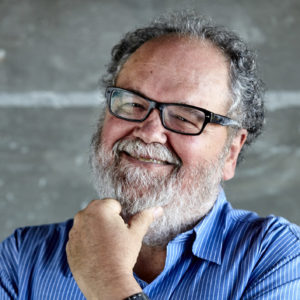
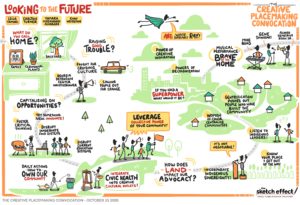
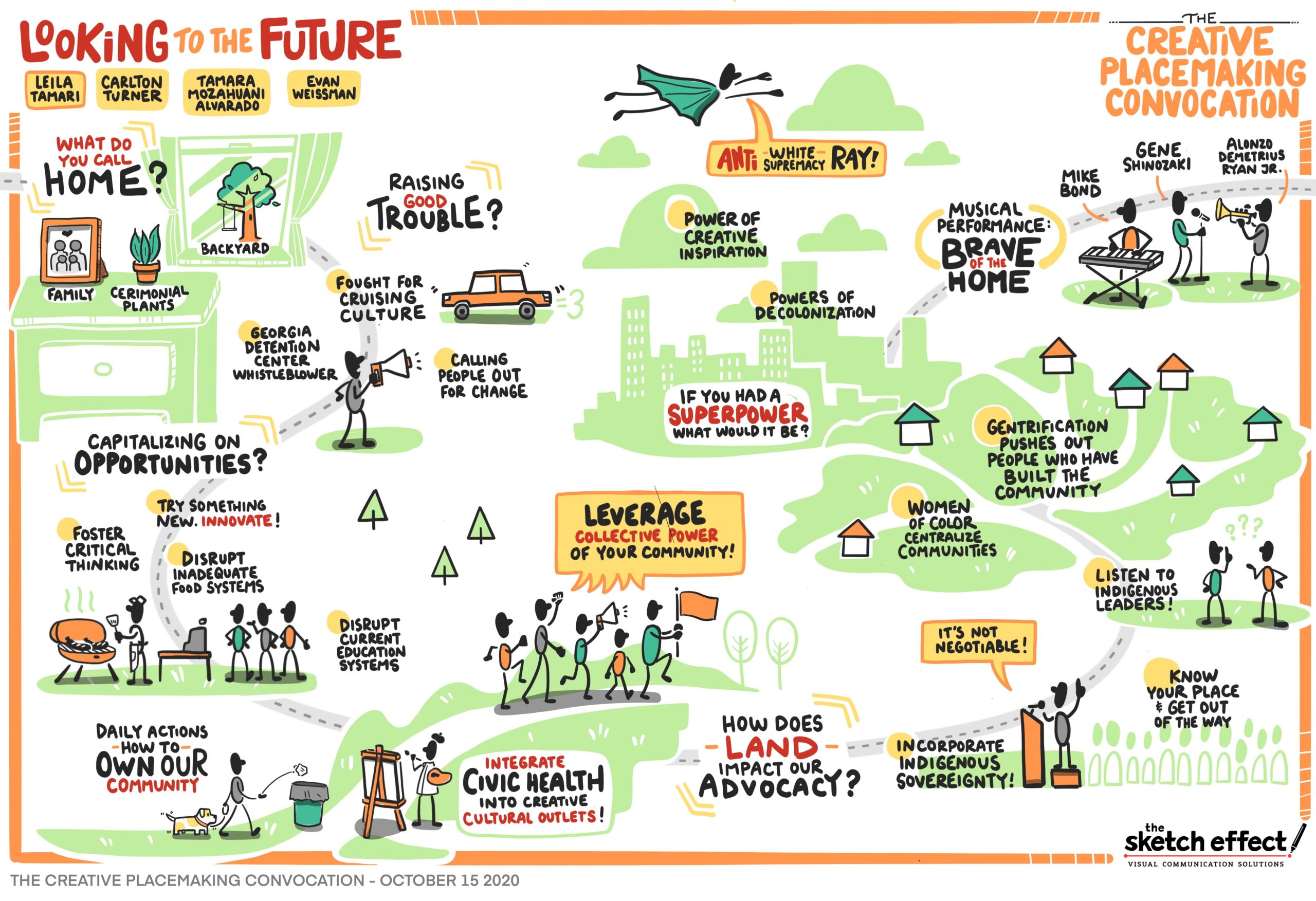
“How can we become agents of justice not administrators of the status quo?” This was asked during a July 2020 discussion among city planners of color by Pedro Soto, planning director for the City of Lawrence, MA.

Leila Tamari
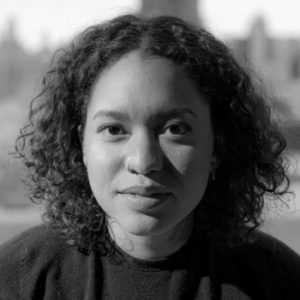
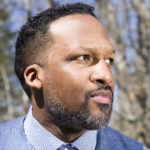
Carlton Tuner
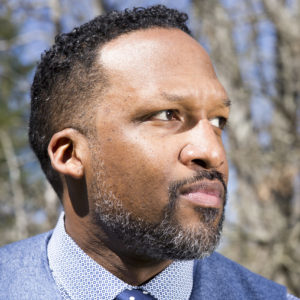
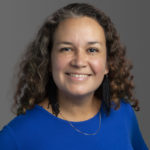
Tamara Mozahuani Alvarado
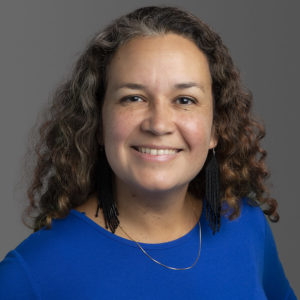

Evan Weissman

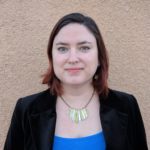
Susannah Larammee Kidd
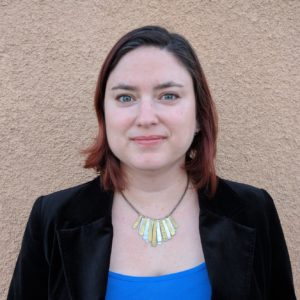
How do we know our grantees and communities have achieved real, positive progress in this complicated, long-term work that’s different in each place? Can one size fit all in assessing community change?
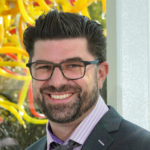
Randy Engstrom
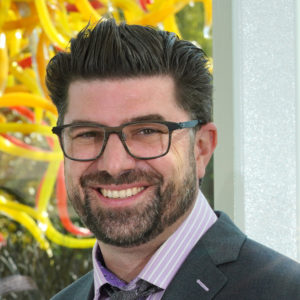
How deeply do we understand equity in the ways we do our work and how our organizations are structured? How are our institutional assumptions biased? Addressing equity is more than a change in the colors of faces.

Samantha Matlin


Maria Cherry Rangel
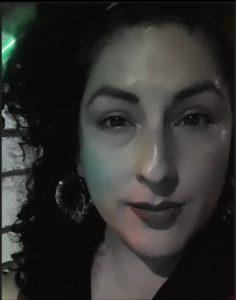
Communities, like individuals, experience social, environmental, historic and other traumas that impact their needs and ability to function. How do funders recognize when community partners are seeing or not seeing trauma?

Sally Dix

Goals and agendas of different community actors often seem disconnected or in competition for resources, validity, and attention. Effective placemaking requires alignment among key community partners.

Lyne McCormack
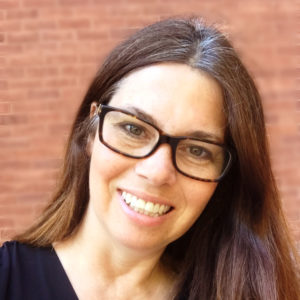
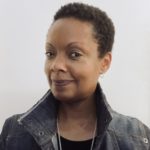
Lauren Hood
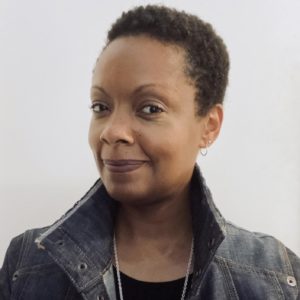
If the road to hell is paved with good intentions, is there a map to get us out of there? Achieving equity through placekeeping comes with ample detours and fragmented maps. If we’re lucky we can find a good compass.

Dave Lowenstein
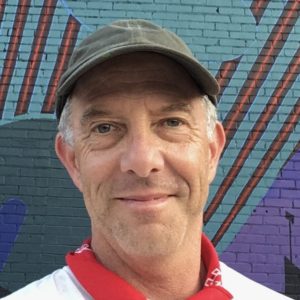
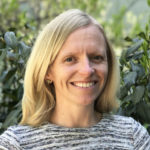
Jen Hughes
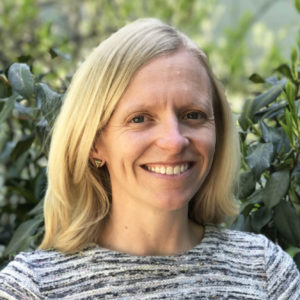
Strong community engagement is integral to good placemaking. What happens when a community was not involved or organizational partners were not the right fit with each other or for community-based work?